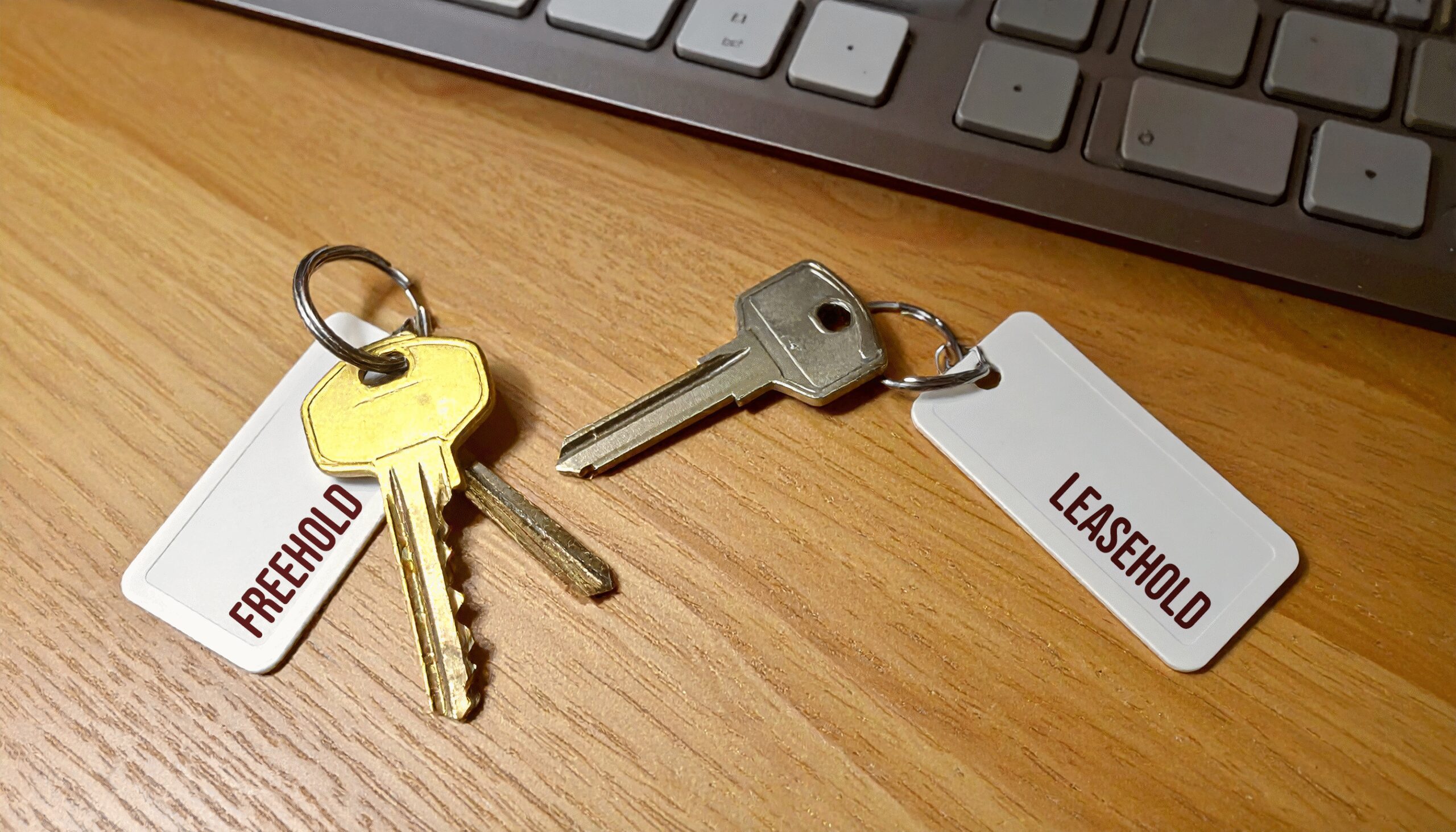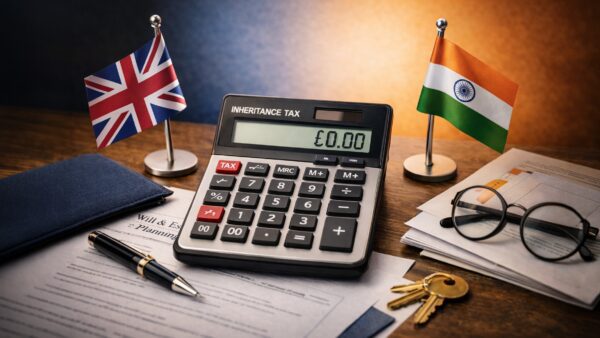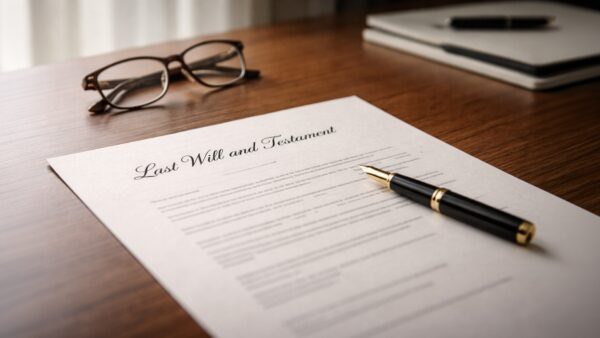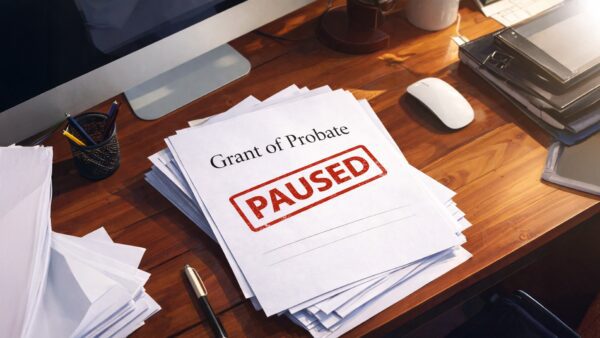When purchasing property in England and Wales, there is a clear distinction between properties being held on a leasehold basis as opposed to being held as freehold property. Leasehold property ownership derives from an historical feudal system, that has been phased out in many parts of the world, but remains a common way of owning property in England and Wales. Nearly every apartment in England and Wales is held on a leasehold basis. It is no wonder then that leasehold ownership has has a spotlight shone on it in the recent years, and is part of the UK government’s legal reforms to change some of the legislations surrounding property ownership.
Leasehold vs Freehold Property
Firstly, we set out the key features for freehold property:
- The property includes the land that it sits on, and is owned for an infinite time.
- No ground rent is payable, although for some freehold houses there may be an estate charge payable as a contribution towards estate management costs.
- The owner is responsible for the maintenance of the building, this includes the structures, roof and the foundations. It is entirely their property.
- Flexibility for alterations to be made to the building, subject to local planning laws and building regulations.
The key features for leasehold property include:
- Leasehold interest means that you hold the property for a fixed term, commonly the lease terms granted would be for 99, 125, 250 or 999 years from the lease commencement date.
- Ownership will be held under a lease whereby the freehold owner (the owner of the building) will be known as the Landlord or Lessor, and the leasehold (the property owner) will be known as the Tenant or Lessee.
- Annual ground is payable to the Landlord under leases granted prior to the Leasehold Reform (Ground Rent) Act 2022 coming into effect. Levels of ground rent can differ from property to property.
- Service charges are payable to the Landlord or an appointed management agent as a contribution towards the maintenance and repairs of the building and estate, and building insurance.
- Restrictions within the lease govern the leasehold owner’s rights and use of the property, including the terms on which the property can be let out, how the ownership can be transferred or sold, how common parts are managed and insured by the freehold owner, what alterations may be restricted.
Practical considerations for Buyers purchasing leasehold property
The remaining term of the lease is one of the most important considerations when purchasing leasehold property. The number of years remaining will affect the marketability and value of the property, some lenders will not consider the property as good security should the remaining term be below a certain number of years. The extension of lease terms is a niche area of property law and such rights and processes have typically been costly for a leasehold owner.
The ground rent and service charge structure and provisions should be reviewed as these need to be considered carefully as it can also affect the type of lenders that are willing to lend on the property, as well as having an effect on the marketability and affordability of the property.
Restrictions and regulations set out in the lease must be adhered to, any breach of a lease covenant (including non-payment of ground rent and service charges) could lead to a right of re-entry and forfeiture of the lease by the Landlord taking enforcement action in the courts. Complying with, or defending such action may be costly.
Key legal reforms
The Leasehold Reform (Ground Rent) Act 2022 effectively abolished ground rents on newly granted long residential leases granted after 14 February 2022.
Future reforms expected, particularly under the Leasehold and Freehold Reform Act 2024 will include:
- Easier and cheaper ways to extend lease terms.
- More control and rights for leaseholders in making decisions on how their buildings and common shared parts are managed.
- Potentially replacing the feudal system of leasehold ownership altogether, and replacing it with commonhold as introduced by the Commonhold and Leasehold Reform Act 2022.
Conclusion
Whilst there are more restrictions affecting the use, and potentially more charges payable under leasehold ownership in comparison to owning a freehold property, leasehold property is still an attractive ownership option for many property owners, particularly for overseas based owners who may want to own a ‘lock-up and leave’ holiday property, or a landlord to take care of maintenance and management for the building. The leasehold framework ensures that the Landlord is responsible for the maintenance, security and insurance maintained and implemented for the building, as it is in accordance with the Landlord’s legal obligations within its lease and required under current UK building safety regulations and guidance, which has also seen recent changes.
Our specialist residential property team are experienced in advising on leasehold property as well as freehold property, our aim is to ensure that you are fully aware of your legal obligations whilst owning a property in England and Wales. We would also be able to advise on the status of some of the key legal reforms mentioned in this article and how this may affect you buying property, whether it is for the first time in England and Wales, or as an existing property investor.
To get in touch with our Residential Real Estate team or APAC Desk, please fill out the form below.









